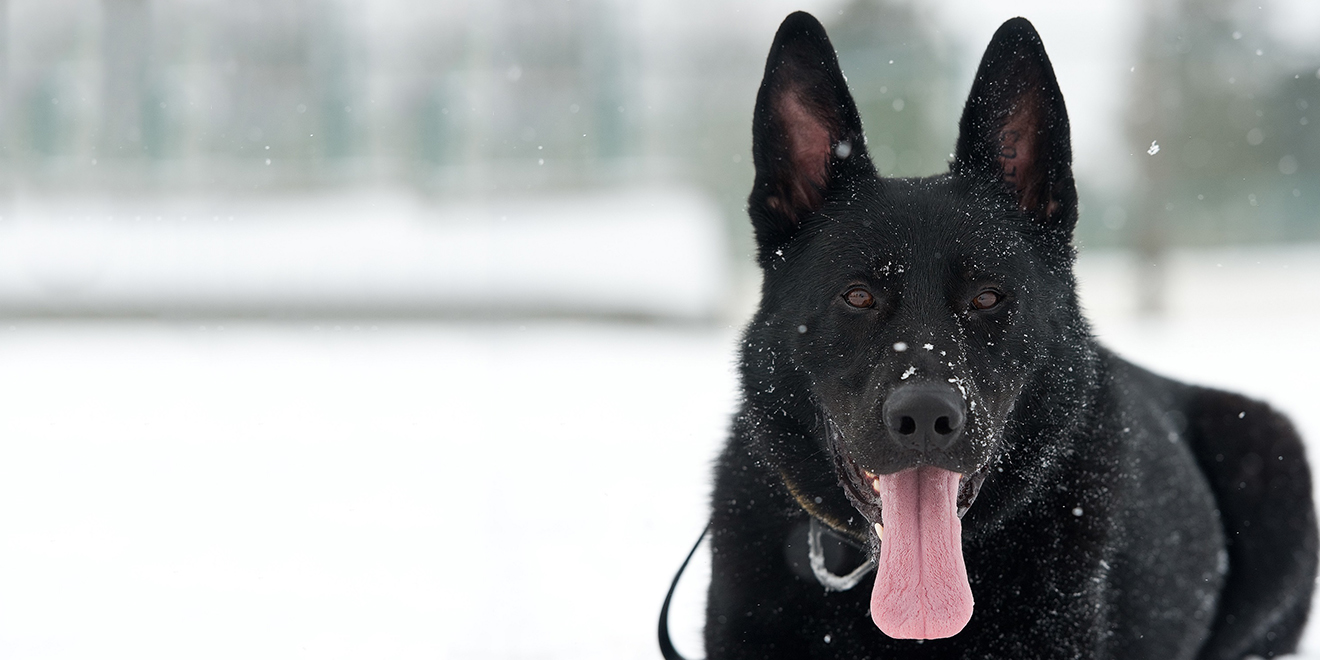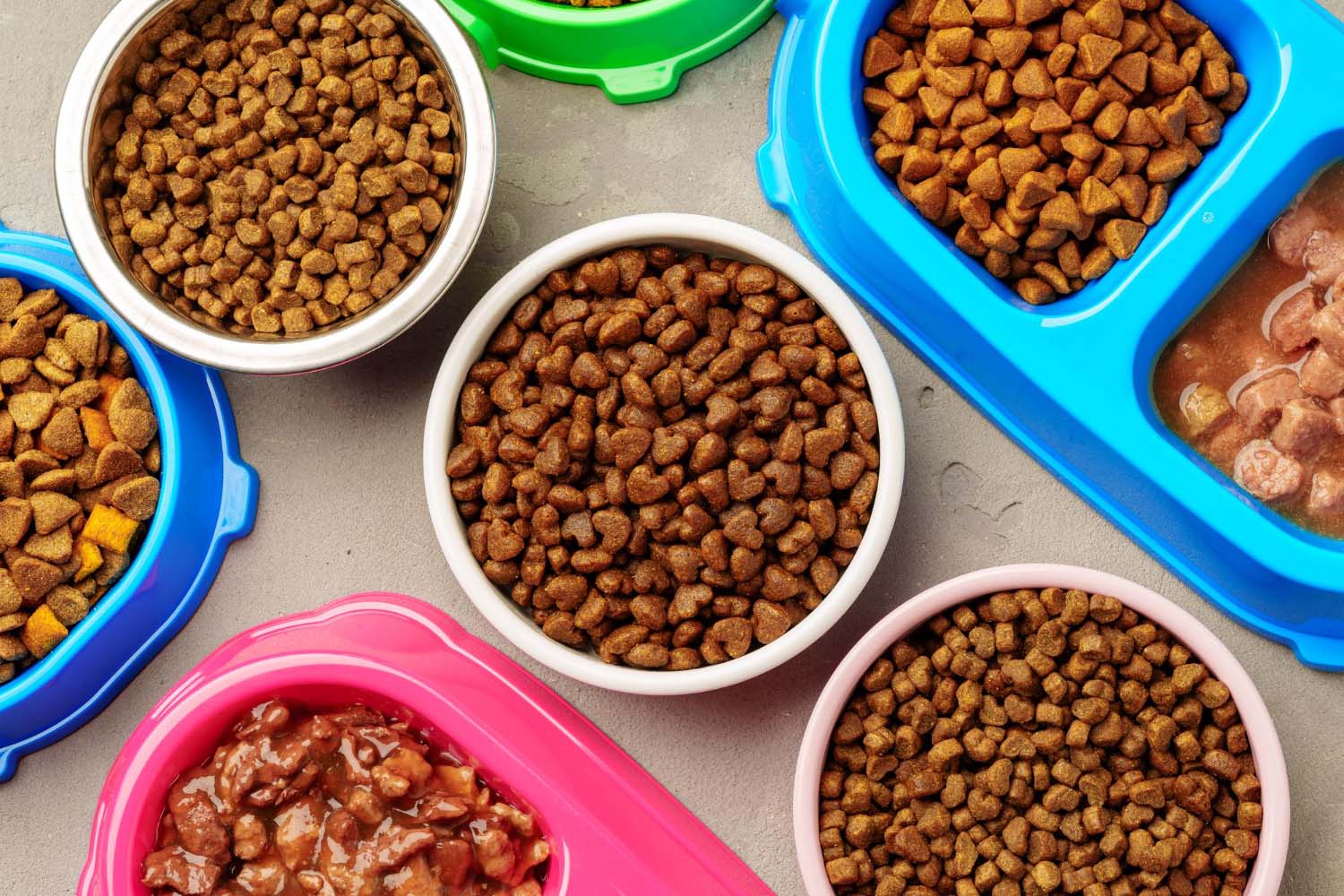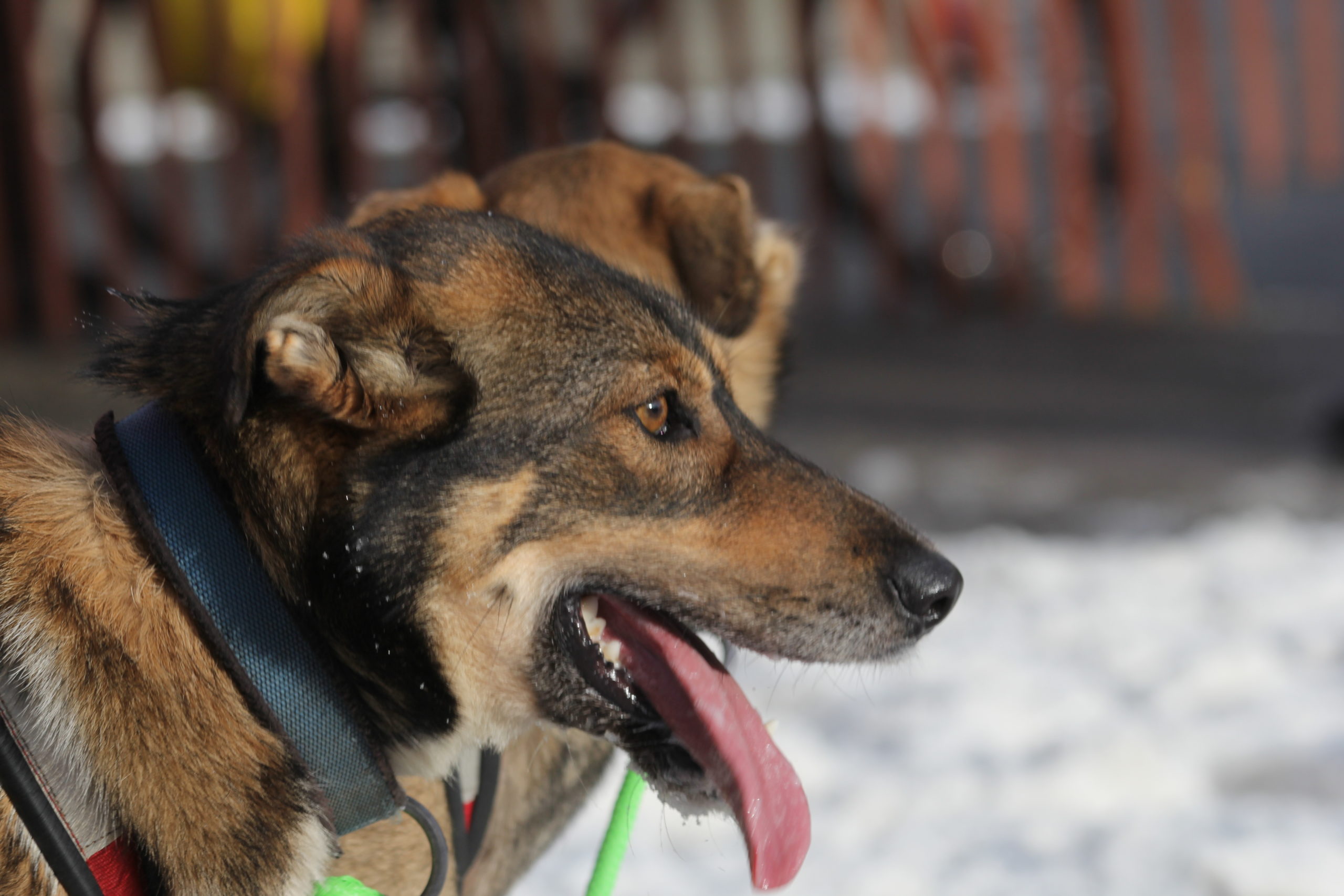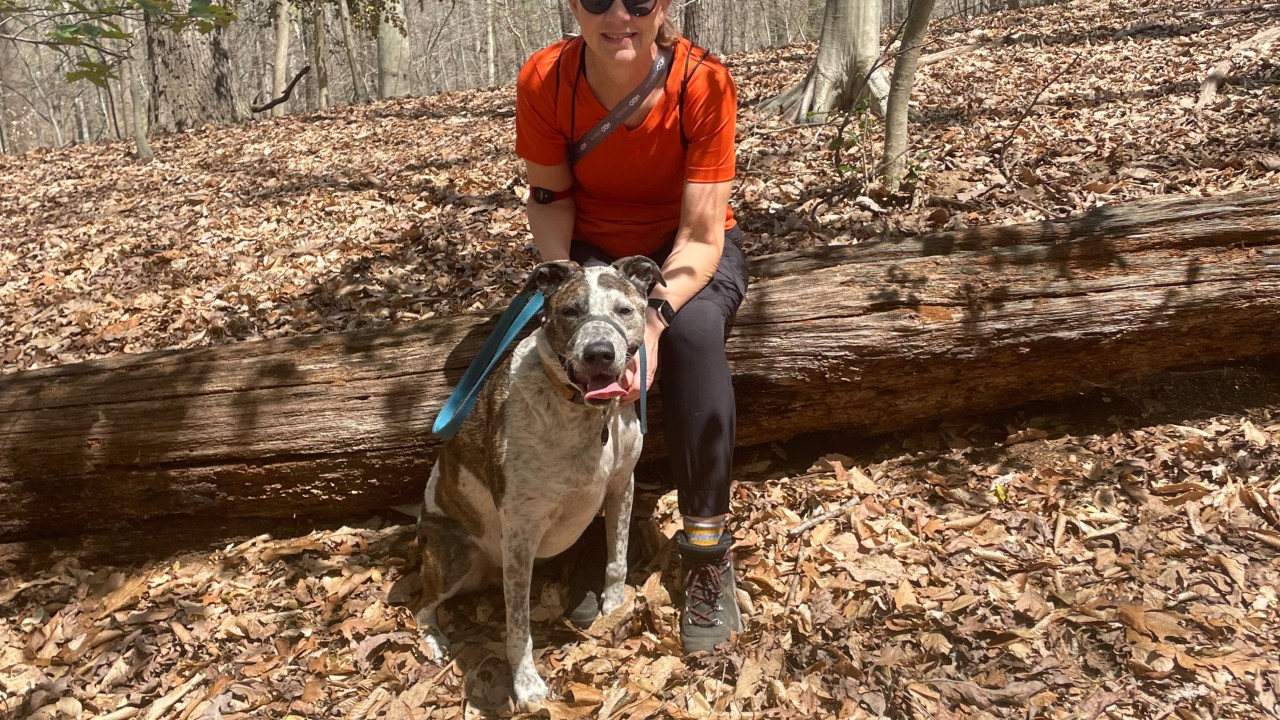Do you make a New Year’s resolution for a healthier and more active lifestyle? Don’t forget to think about your pet while making goals for 2021! The Pet Food Institute (PFI) joined the American Veterinary Medical Association (AVMA) to share some simple steps that pet owners can take to keep their pets in mind when setting a New Year’s resolution. Read below to learn more about some of those suggestions, as well as some additional facts and tips to help your pet enjoy a healthy new year!
Provide a Complete and Balanced Diet
Veterinary researchers have identified more than 40 nutrients that dogs and cats require, including vitamins, minerals, essential fatty acids, and protein and amino acids. Most commercial pet food is designed to be complete and balanced, which means each serving provides these essential nutrients in the proper amounts for the life stage of your pet. However, not all recipes meet these nutritional profiles. A 2013 study conducted by a team of researchers at the University of California, Davis, School of Veterinary Medicine found that a vast majority of homemade recipes are lacking in nutrition. When selecting pet food for your cat or dog, look for a package that is labeled as “complete and balanced” for your pet’s life stage.
Treat Responsibly
Treats can be a great tool in helping to train our pets, reward good behavior and strengthen our bond. However, as with humans, it is important to make sure treats are fed in moderation along with a complete and balanced diet. Keep an eye on how many treats your pet receives throughout the day, and make sure that treats make up no more than 10 percent of your pet’s total calories.
Manage Portion Sizes
Estimating food portions at mealtime can lead to overfeeding and weight gain. When determining how much to feed your pet, review the pet food package for feeding guidelines and consult with your veterinarian to confirm how many calories your pet requires. To help ensure your pet receives the appropriate amount of food at mealtime, consider using a dedicated measuring cup so that you can provide food with certainty.
Provide Plenty of Water
As we make sure to hydrate throughout the day, it’s important to also make sure our pets have regular access to fresh, clean water. Water is important to every key body function for pets, such as aiding the digestion and absorption of the nutrients provided in pet food, moving nutrients in and out of cells, cushioning joints and internal organs, and helping with elimination. Dehydration, which occurs when your pet does not consume sufficient water, poses a serious threat to a pet’s health.
Get Active
Like humans, exercise is important in ensuring your pet’s health and well-being. Having a pet can help your family stay fit, too—studies show children from dog owning households are more physically active. A few examples of ways to keep your dog or cat active and engaged include:
Dog Exercises:
- Basic obedience training
- Swimming (if your dog is able and comfortable swimming)
- Run, walk or bike with your dog
- Engage in sports, like chasing a flying disc, tracking and agility challenges
Cat Exercises:
- Set up a cat tower with small treats to encourage climbing
- Keep plenty of household toys around to encourage play
- Use a laser pointer or wand-style toy for interactive exercises
- Tempt cats with hidden treats in a toy for batting and knocking practice
- Together, you and your pet can start of the New Year on a positive note by taking the right steps towards a healthier lifestyle.



